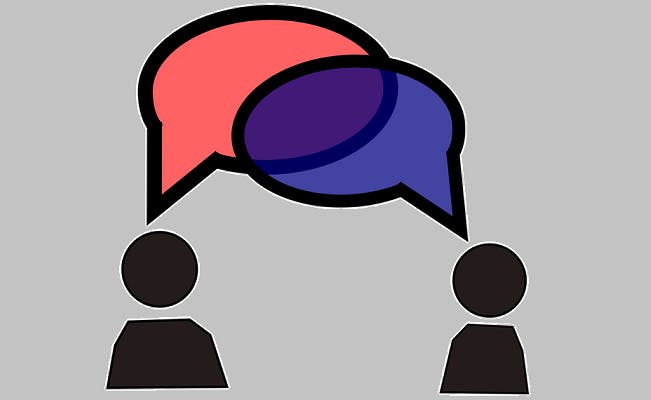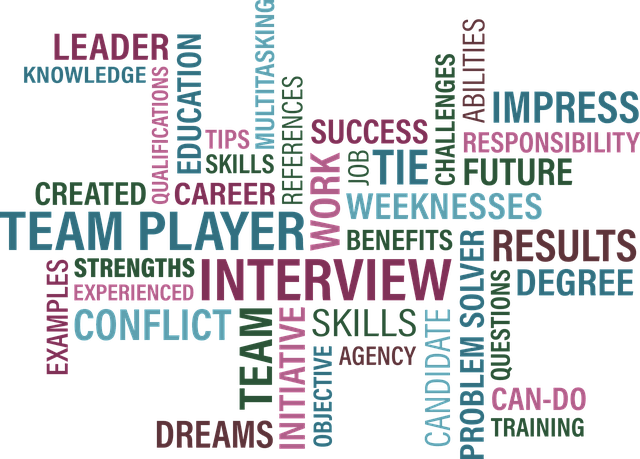 Non-library jobs for information professionals continue to expand, but in order to take advantage of these opportunities, it’s usually necessary to “translate” your LIS skills into language that makes sense to potential hiring managers. Assume the average non-librarian, for example, might be stumped by such familiar phrases as bibliographic instruction, outreach services, or collection development.
Non-library jobs for information professionals continue to expand, but in order to take advantage of these opportunities, it’s usually necessary to “translate” your LIS skills into language that makes sense to potential hiring managers. Assume the average non-librarian, for example, might be stumped by such familiar phrases as bibliographic instruction, outreach services, or collection development.
In addition, they won’t immediately see you as the perfect person for their job if your prior relevant job experience doesn’t go by a title like the one for which you’re applying.
To quote the iconic line from film classic movie Cool Hand Luke, “What we have here is a failure to communicate” – and that communication failure is more likely to result in a failure to land the job.
Benefits of translating your transferable skills
 The solution is to learn how to speak the language of your potential employer, and use that language throughout your communications. Taking the time to make this effort starting with your cover letter delivers several benefits:
The solution is to learn how to speak the language of your potential employer, and use that language throughout your communications. Taking the time to make this effort starting with your cover letter delivers several benefits:
- You avoid giving the job-screening person or hiring manager a reason to throw away your application;
- You more clearly communicate your interest in their specific job for their specific company, which is a key element most hiring managers look for; and
- In an interview situation, you’ll be able to dazzle people with your knowledge of their organization, issues, and customers. In other words, you’ll be able to demonstrate your ability to hit the ground running and deliver value for them immediately.
Becoming adept at skills translation is, in fact, a core career competency for LIS professionals who want a resilient, sustainable career. Adaptability will be your key to those emerging job opportunities, including the ability to adapt your description of your skills to reflect their value in new environments.
Brad Rogers, LibGig’s Director of Recruiting, confirms this:
“We see this with many of our clients who know they have an information or knowledge management need, but would describe that need in much different terms than a librarian might use.”
The LIS skills translation process
Figuring out how to describe your LIS skills takes a bit of initial research, but once you’ve gone through the process for a given job type or industry, you usually won’t need to cover those bases again while you’re job hunting.
Here are the steps you’ll want to take:
 Take apart the job description
Take apart the job description
You’re looking for the key skills that you’re going to use to match up their needs to your expertise. You’re also looking for the specific language they use to describe those skills, because this is the language you want to use to describe your relevant skills. If you’re not sure what the job description’s terms mean, do the necessary research to make sure that you understand the match between specific job requirements and your skills.
Do a skills translation for the description
Translate your own applicable skills description into the language of the target job description. For example, you may think of one of your skills as digital humanities librarianship, whereas a potential employer describes it as management of digital assets. What you might describe as archival processing would translate into corporate history documentation.
Tell your personal story to add meaning outside the library
If your cover letter includes examples of relevant expertise or accomplishments, describe them using industry-appropriate terms even if they took place in a library setting. That way you make it clear that your skills can apply to multiple types of organizations, not just libraries.
Sell your personal and professional value
You want your cover letter to move beyond “I have these skills” to “because I have these skills, I can help your organization [meet its stated goals]” – this is what makes you a compelling job candidate. To do that, it helps to gather a bit of background information about the company, its industry, and its customer base(s) via:
- Your network (does someone work for this or a similar employer, or in this industry, who could give you a quick overview of trends and insights?);
- Print and online research (especially recent press releases);
- The company website (and possibly its Facebook and/or LinkedIn pages); and
- Its competitors (to find these, go to LinkedIn, search the employer’s company name, then from its LinkedIn page scroll down to “Similar companies” in the right-hand column).
Remember as you “sell your value” to avoid library jargon, or any skill-describing phrases that would be unfamiliar to someone reading your cover letter. You want that critical marketing piece to leave no confusion regarding just how terrific a contributor you’d be!
Helpful resources for skills translation
The New Information Professional: Your Guide to Careers in the Digital Age / Judy Lawson, Joanna Kroll, and Kelly Kowatch. Neal-Schuman, 2010. ISBN 978-1555706982.
MLIS Skills at Work: A Snapshot of Job Postings Spring 2017 / San José State University iSchool, 2017.
